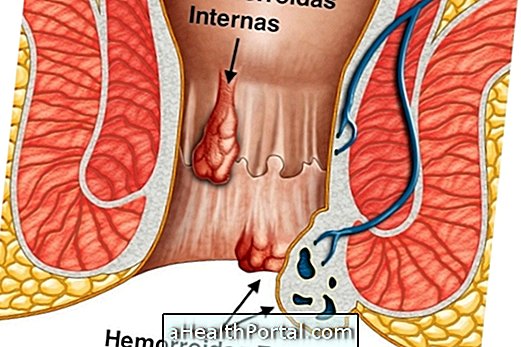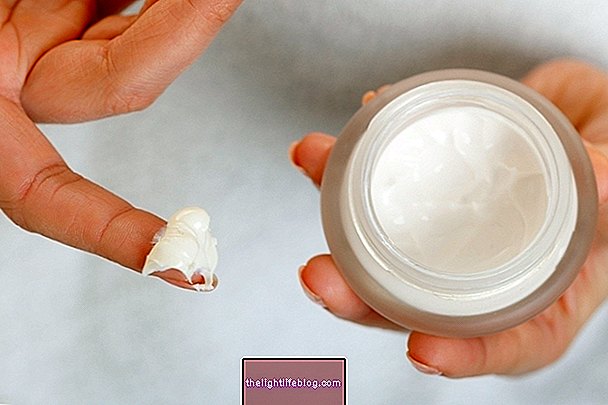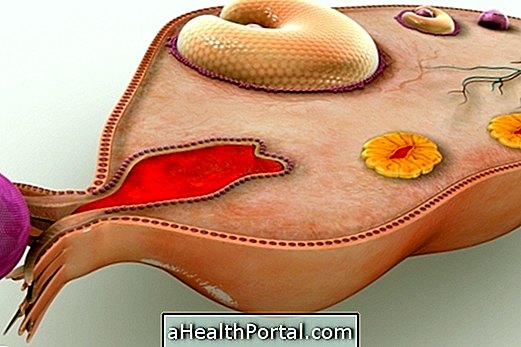Tyson's glands are a type of penile structures that are present in all men, in the region around the glans. These glands are responsible for producing a lubricating liquid that facilitates penetration during intimate contact and are often invisible.
However, there are cases where these glands are more visible, looking like small balls or white spines around the head of the penis and being scientifically called pearly papules.
See other causes can cause the appearance of balls or pimples on the penis.
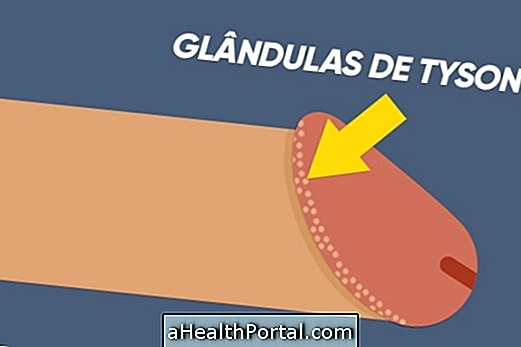
Treatment Options
In most cases, the Tyson glands do not need any kind of treatment because they are benign and do not cause health problems. However, in some men, they can cause a big change in the image of the penis, which ends up making their relationships difficult. In such cases, the urologist may recommend:
- Cauterization : This technique consists of using an electric current to burn the glands and remove them from the glans. Usually, this procedure is done under local anesthesia;
- Minor surgery : The doctor applies local anesthesia and then uses a scalpel to remove the glands. This technique can be done in the office by an experienced urologist;
Although it was easier to apply a medicine or ointment to eliminate Tyson's glands, they do not yet exist. In addition, the removal of the perolodic papules can cause dryness of the penis, which becomes irritated and with broken skin more easily. In this way, treatment is almost always avoided and not recommended by the urologist.
Is there any home treatment?
There are still several home treatment options, with acids and remedies for warts and calluses, however, they are not safe for health as they can cause severe penis irritation and should be avoided.
In any case it is always advised to consult a urologist before attempting any kind of home treatment.
Are pearly papules contagious?
The pearly papules, caused by the presence of the Tyson glands, are not contagious and, therefore, are also not considered a sexually transmitted disease.
These lesions can often be confused with genital warts caused by the HPV virus, and the only way to confirm the diagnosis is to see a urologist.


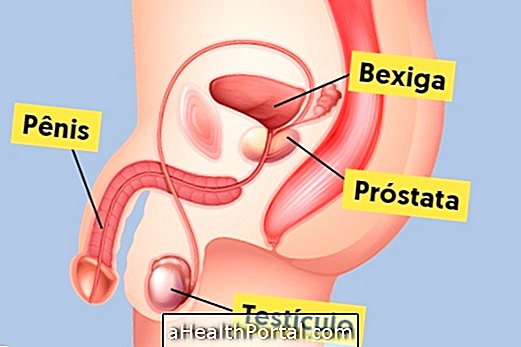





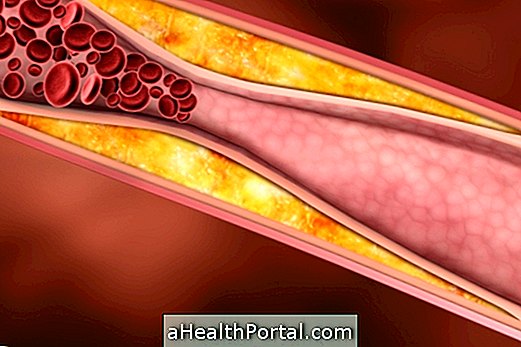

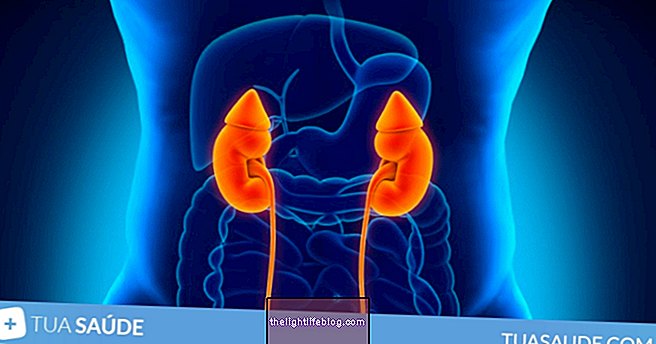


.png)


